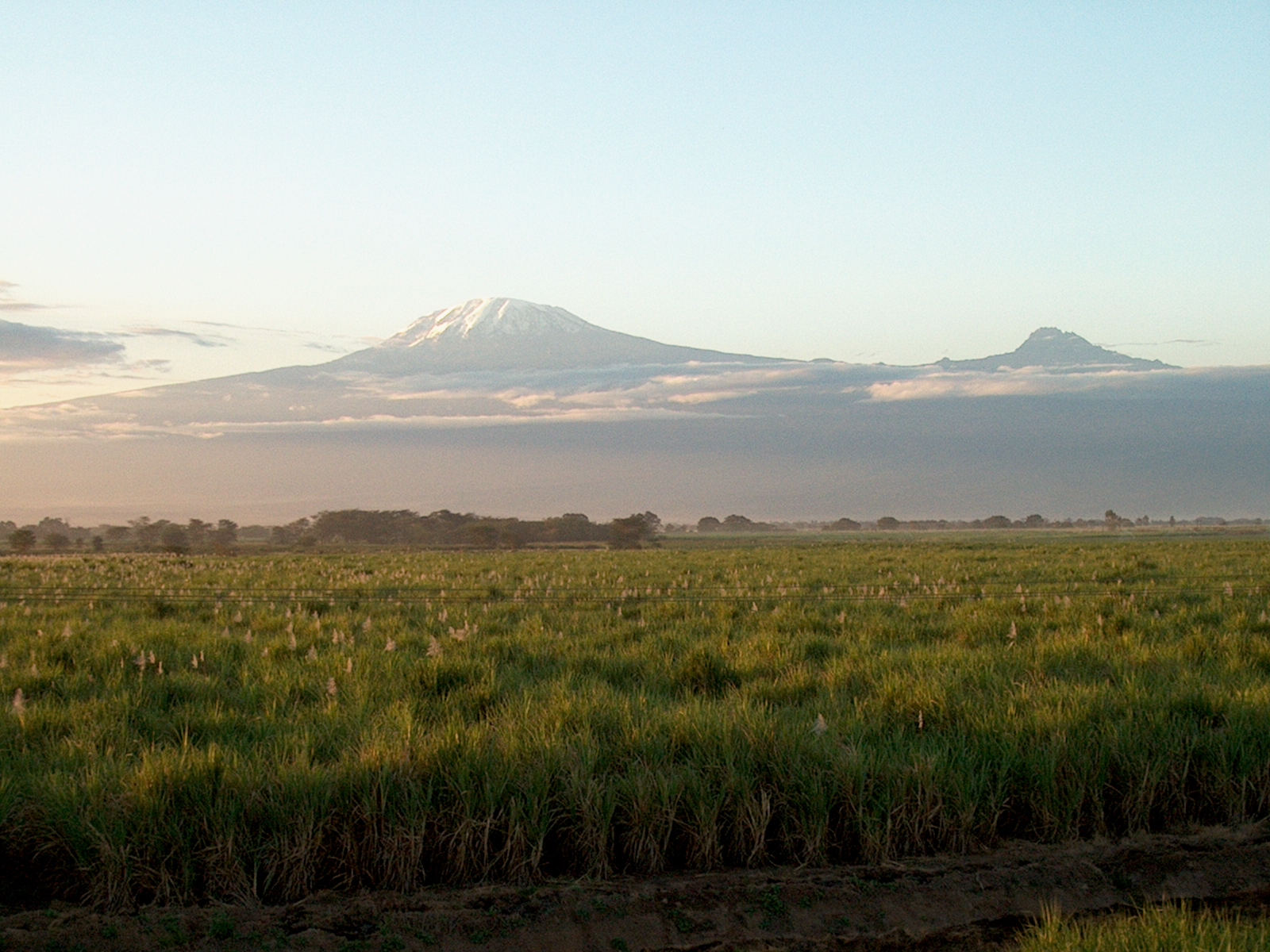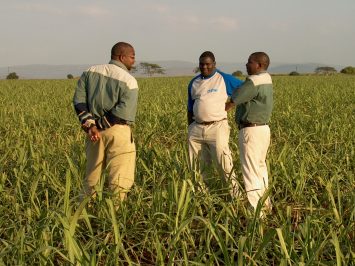A sweet deal? Sugarcane, water and agricultural transformation in Sub-Saharan Africa
01/12/2016

There is a lot of discussion at the moment about the health effects of sugar consumption but have you thought about where your sugar comes from and what impact growing sugar has on the people and environment where it is produced? Sugarcane is an economically important crop for many Sub-Saharan Africa (SSA) countries that benefit from high production potential, low costs of production and proximity, and access to European markets.
Significant expansion of this “high impact” crop is likely to have major impacts on agricultural land use and water resources, livelihoods, food security and ecosystem services, whilst potentially providing major infrastructure and economic benefits.
As part of a Belmont Forum funded project, we conducted a systematic review of scientific evidence and combined this with information from key informants, stakeholders and a research-industry workshop. We critically assessed the impacts of sugarcane development on water, soil and air quality, employment, food security and human health.
 There are numerous examples where the water, social and environmental impacts of cane production are directly dependent on the quality of scheme, nature of the production system and farm management. Good agricultural management practices can reduce losses of herbicide, nutrients and atmospheric pollutants; carbon sequestration can be increased; and the impacts of burning can be significantly reduced when the crop is harvested “green”. In short, our analysis showed that sugarcane production is, in general, neither explicitly good nor bad, sustainable nor unsustainable.
There are numerous examples where the water, social and environmental impacts of cane production are directly dependent on the quality of scheme, nature of the production system and farm management. Good agricultural management practices can reduce losses of herbicide, nutrients and atmospheric pollutants; carbon sequestration can be increased; and the impacts of burning can be significantly reduced when the crop is harvested “green”. In short, our analysis showed that sugarcane production is, in general, neither explicitly good nor bad, sustainable nor unsustainable.
This suggests a critical role for multi-disciplinary, multi-scale analysis and planning as a foundation for any further expansion of the sector – an approach that is intrinsic here at Cranfield. This type of integrated analysis will be particularly important in relation to both water and livelihoods within the growth or development corridors that are now planned in many SSA countries as a means to drive economic growth.
The impacts of expansion of sugarcane production on the environment and society will ultimately depend on the global political economy of sugar, the local context, quality of scheme, nature of the production system and farm management. Despite threats from a changing climate and trade relationships with the EU, agricultural development policies are driving national and international interest and investment in sugarcane in SSA, with expansion likely to play a critically important role in sustainable development in the region.
Our findings will help guide researchers and policy makers with new insights in understanding environmental and social impacts associated with alternative sugar economy models, production technologies and qualities of management. Sugarcane may not be everyone’s favourite crop, but it plays a crucial role in SSA, and if properly managed can bring benefits well beyond adding some sweetness to your morning brew.
Categories & Tags:
Leave a comment on this post:
You might also like…
Keren Tuv: My Cranfield experience studying Renewable Energy
Hello, my name is Keren, I am from London, UK, and I am studying Renewable Energy MSc. My journey to discovering Cranfield University began when I first decided to return to academia to pursue ...
3D Metal Manufacturing in space: A look into the future
David Rico Sierra, Research Fellow in Additive Manufacturing, was recently involved in an exciting project to manufacture parts using 3D printers in space. Here he reflects on his time working with Airbus in Toulouse… ...
A Legacy of Courage: From India to Britain, Three Generations Find Their Home
My story begins with my grandfather, who plucked up the courage to travel aboard at the age of 22 and start a new life in the UK. I don’t think he would have thought that ...
Cranfield to JLR: mastering mechatronics for a dream career
My name is Jerin Tom, and in 2023 I graduated from Cranfield with an MSc in Automotive Mechatronics. Originally from India, I've always been fascinated by the world of automobiles. Why Cranfield and the ...
Bringing the vision of advanced air mobility closer to reality
Experts at Cranfield University led by Professor Antonios Tsourdos, Head of the Autonomous and Cyber-Physical Systems Centre, are part of the Air Mobility Ecosystem Consortium (AMEC), which aims to demonstrate the commercial and operational ...
Using grey literature in your research: A short guide
As you research and write your thesis, you might come across, or be looking for, ‘grey literature’. This is quite simply material that is either unpublished, or published but not in a commercial form. Types ...







Just great! Agricultural engineers are needed in this work. http://www.agriengrs.com/others/what-is-agricultural-engineering/